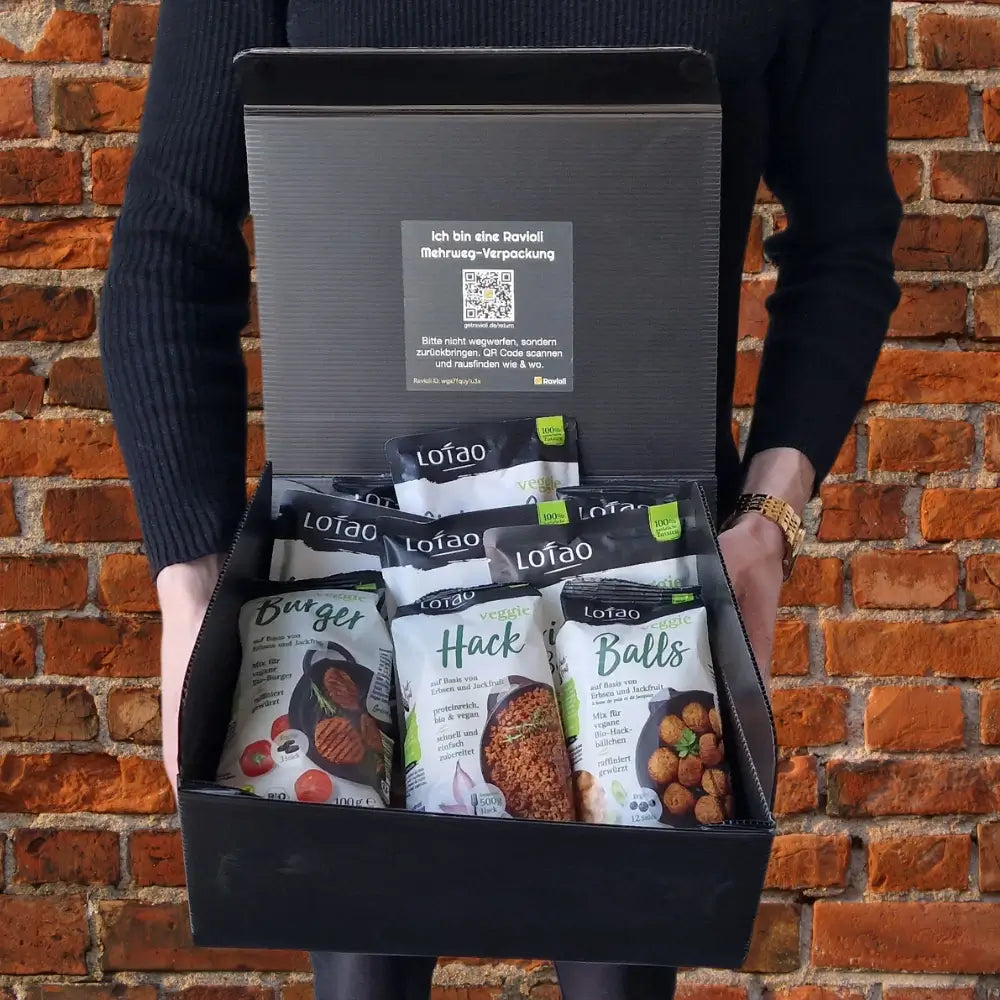Lotao about fairness and sustainability
A few grams of rice for 10 euros? Insanity! A rip off! Monkey! (customer quote)
Lotao, the “apple of rice varieties” (also a customer quote), annoys some consumers.
Is it just a beautiful, empty glow that is supposed to lure us into a spending spree? Or what is actually behind the black-painted covers? Above all, the name: Lotao means something like “gold of the people”. It is composed of the Creole “Lo” and “Tagolog”. “Gold of the Nations” does not mean that the proud Lotao founder is planning to go on vacation in his Ferrari in three years thanks to a wealth of money. Rather, the name is a nod to a food that often leads a dreary existence on the local market shelves and receives little attention from us . A grain that feeds around 80% of humanity , that is of incredible aromatic diversity and beauty, should be more to us than a side dish over which a glutamate-containing sauce is poured. The high sense of responsibility towards the life-giving food rice - already anchored in the name Lotao - forms the basis for the entire value chain along which Lotao operates. It is very important to us to purchase our rice specialties under conditions that are fair for the producers. Since not every producer has certification, we initiated a testing process before selecting the rice varieties, which primarily examined fair trade and organic criteria .
Three varieties are fair trade and/or organic certified in the country of origin (Sparkling Volcano Terra, Wizard of Laos and Royal Pearl Black black rice ); for the other varieties, we know the manufacturers or are in personal contact with the dealers . Our goal is to continually optimize the conditions and our procurement processes in the interests of social and ecological sustainability .
However, the issue of sustainability is not entirely uncontroversial when it comes to rice: water consumption alone is an average of 3,400 liters per kg of rice. This means that rice is even less water-intensive than beef (15,500 liters/kg) or cheese (5,000 liters/kg), but this consumption is still quite considerable. For this very reason, it is important for us to promote alternative cultivation methods or old and rare rice varieties, which are often less productive, but are usually more aromatic or ecologically sensible. The example of “Sparkling Volcano Terra” rice illustrates this particularly well: The rice comes from an association of over 2,300 small farmers from Indonesia. This farmers' cooperative is the only provider of Indonesian fair trade organic rice. As part of the project, the farmers receive intensive and regular training from specialists. Due to the volcanic cultivation area, the rice is rich in minerals. It is naturally irrigated with mountain spring water and produced using a completely new cultivation method, the SRI system (System of Rice Intensification). This was developed by the farmers with the support of Cornell University USA. The criteria of SRI are stricter than those of standard organic farming . Younger seedlings (6 days for SRI, 30 days for organic) are planted at larger intervals in order to achieve stronger roots. The rice field is not flooded or watered in order to keep production climate-friendly by reducing methane emissions. The growth of the roots and the absorption of nutrients are promoted by the self-produced organic fertilizer. For us, social sustainability is at least as important as ecological sustainability: For this reason, we work with the Mosaik Disabled Workshops Berlin. This facility supports us in the conception of the packaging, in the entire logistics area through to the shipping of the products.




































Leave a comment